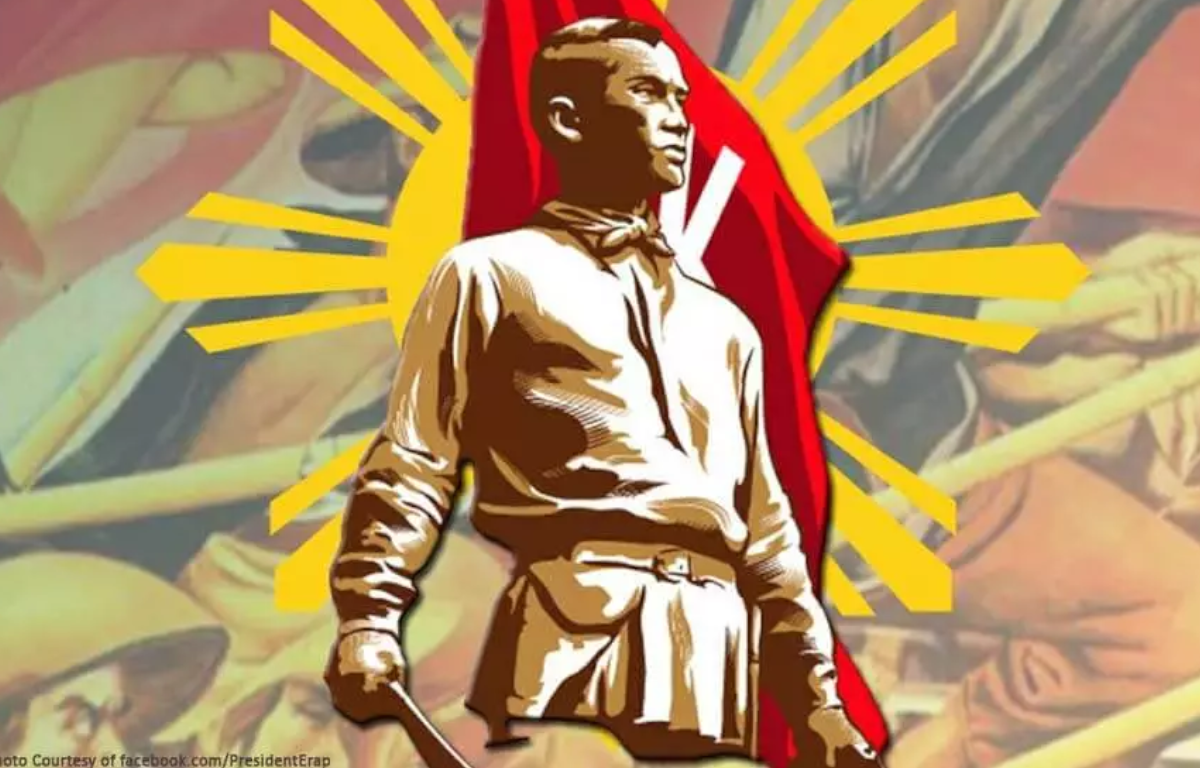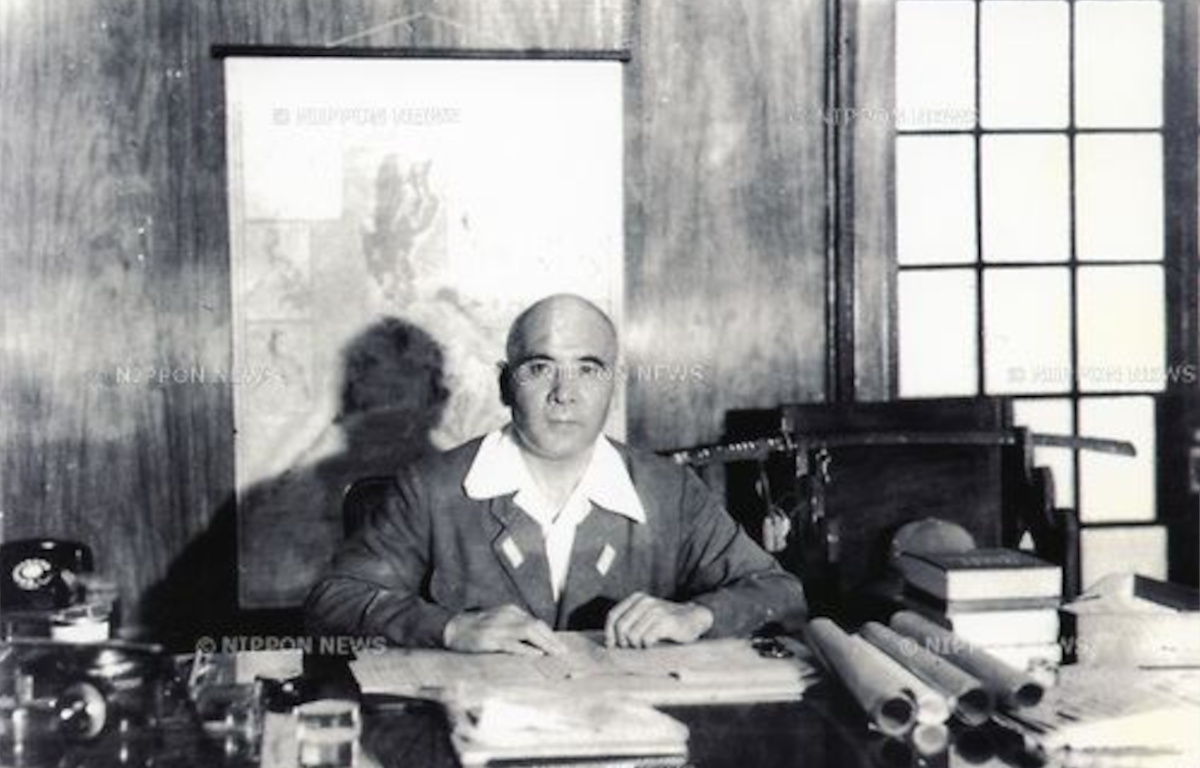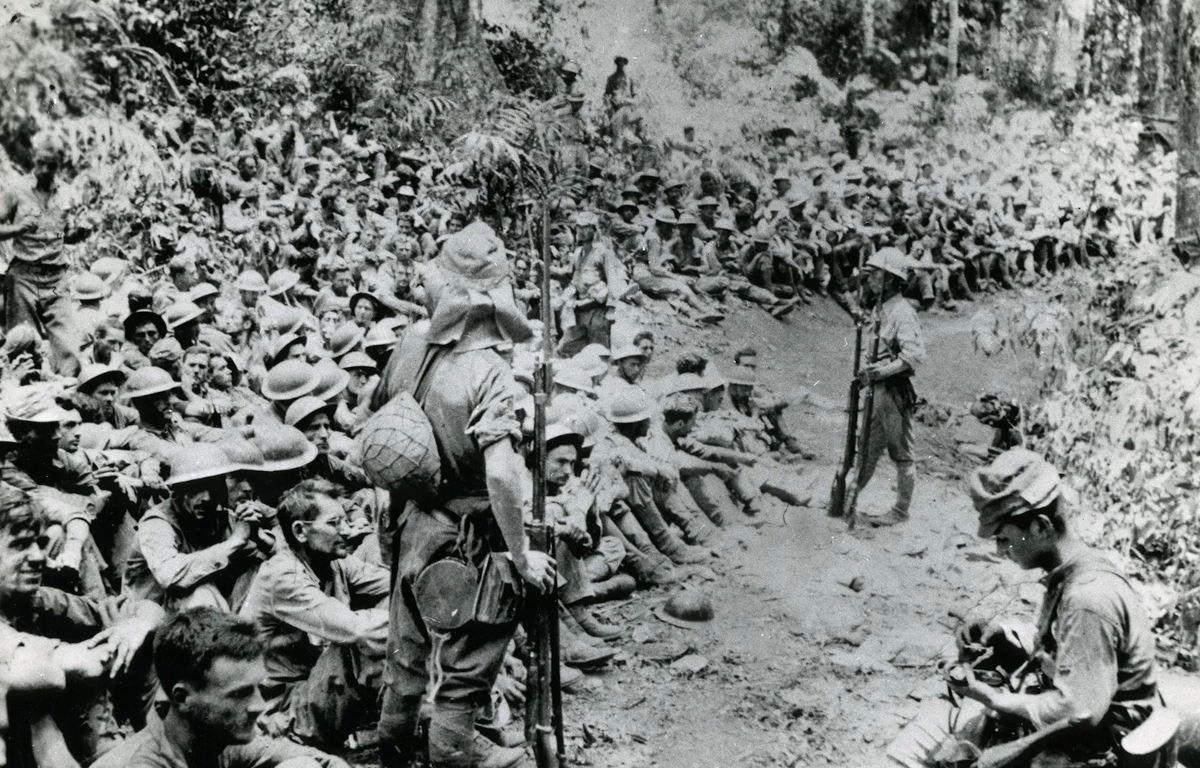
Lapu-Lapu was a native chieftain who resisted Spanish colonization and defended his territory against foreign invaders. When Magellan arrived in the Philippines in 1521, he attempted to establish Spanish influence over the islands by forming alliances with local leaders. However, Lapu-Lapu refused to submit to Spanish authority and challenged Magellan’s forces.
The battle took place on the morning of April 27, 1521, on the shores of Mactan Island. Magellan led a group of 60 armored Spanish soldiers and a small number of native allies into battle against Lapu-Lapu’s warriors. The Spanish forces were armed with muskets, swords, and armor, while Lapu-Lapu’s troops were armed with spears, bows, and arrows.
Despite being outnumbered and outgunned, Lapu-Lapu’s warriors were able to defeat the Spanish forces through their superior knowledge of the terrain and their effective use of guerrilla tactics. Magellan was killed in the battle, and the remaining Spanish forces were forced to retreat.
The Battle of Mactan was a significant event in Philippine history, as it marked the first recorded resistance of the Filipinos against foreign colonization. It also demonstrated the effectiveness of indigenous warfare strategies against foreign invaders. Lapu-Lapu is celebrated as a national hero in the Philippines, and his legacy continues to inspire Filipinos to stand up against oppression and foreign domination.
Today, the Battle of Mactan is remembered through various cultural and historical events, including the annual Kadaugan sa Mactan festival, which commemorates Lapu-Lapu’s victory over the Spanish. The battle remains an important symbol of Filipino resistance and resilience in the face of colonialism and foreign aggression.










Share this: